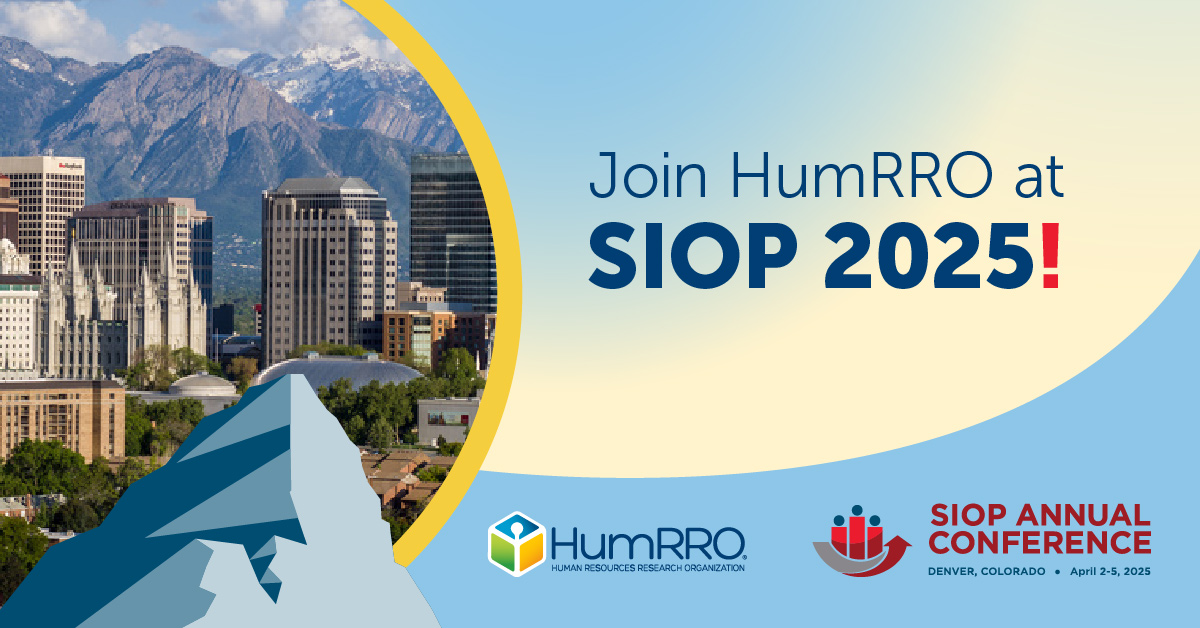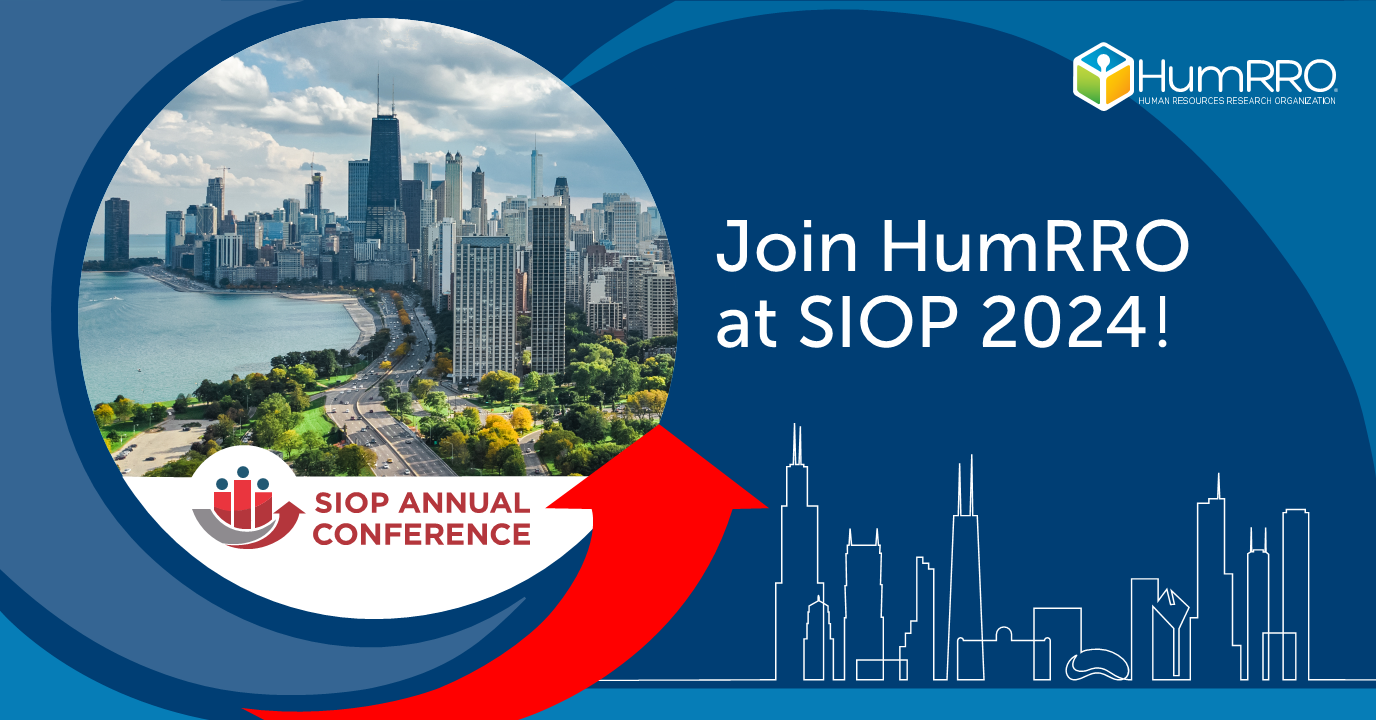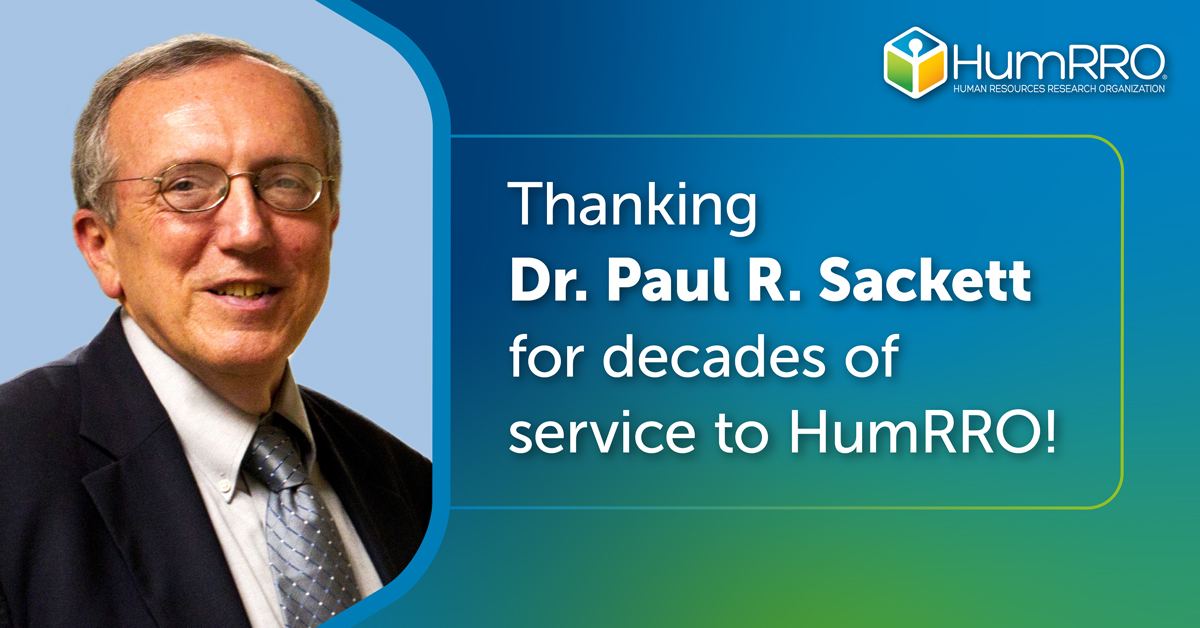HumRRO scientists were recently invited to participate as experts in the Future of Skills project sponsored by the Organization for Economic Cooperation and Development (OECD). David Dorsey, Ph.D., vice president of business development, and Scott Oppler, Ph.D., principal scientist, served on an international panel to discuss the growth of artificial intelligence and its impact on jobs and the economy.
Recognizing the far-reaching implications AI will have on work and education, the OECD’s Future of Skills project is “developing a new set of measures to serve as a foundation for research and policy on the ways skill demand and educational requirements will be transformed by AI and robotics in the decades ahead.”
The project addresses the following questions:
- What human capabilities will be too difficult for AI and robotics to reproduce over the next few decades?
- What education and training will be needed to allow most people to develop capabilities that are beyond the capabilities of AI and robotics?
The project aims to help policy makers understand how AI and robotics are likely to affect work, and how education should change in anticipation. The long-term goal is to implement an ongoing assessment program and provide updated analyses of educational implications every two to five years as the capabilities of computers evolve, according to OECD.
The project drew on input from the United States National Academies of Sciences, Engineering, and Medicine and the global InterAcademy Partnership.
“We were honored to be asked to provide I-O psychology expertise related to taxonomies of human skills and competencies, and mapping available tests that could be used for assessing AI and robotics capabilities,” said Dorsey. “We applaud OECD’s comprehensive vision behind the project and look forward to helping in their goal to identify the knowledge, skills, and abilities necessary to compete in the future of work.”
Founded in 1961, OECD is an international economic organization with 37 member countries working together to shape governmental policies that foster prosperity, equality, opportunity and well-being for all. The Future of Skills is a multiyear project that began in 2015 and is currently in the second phase focused on implementation.








